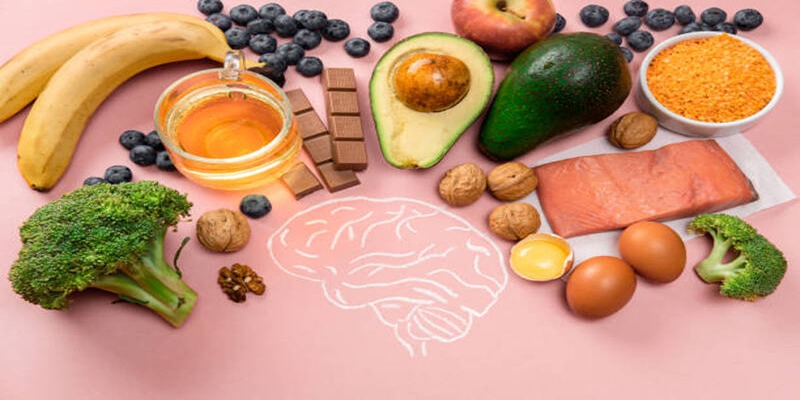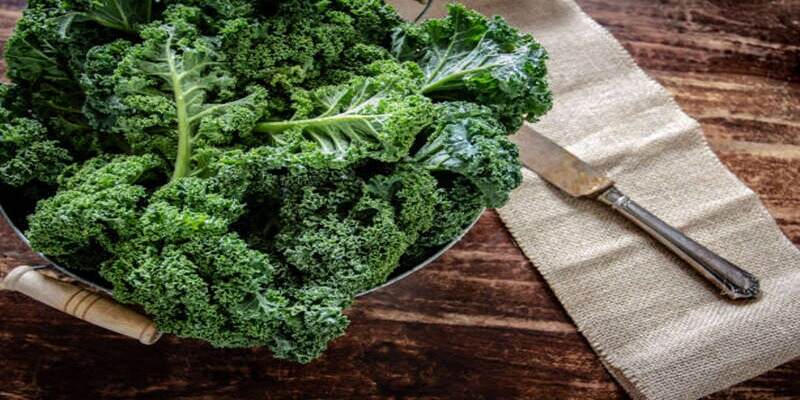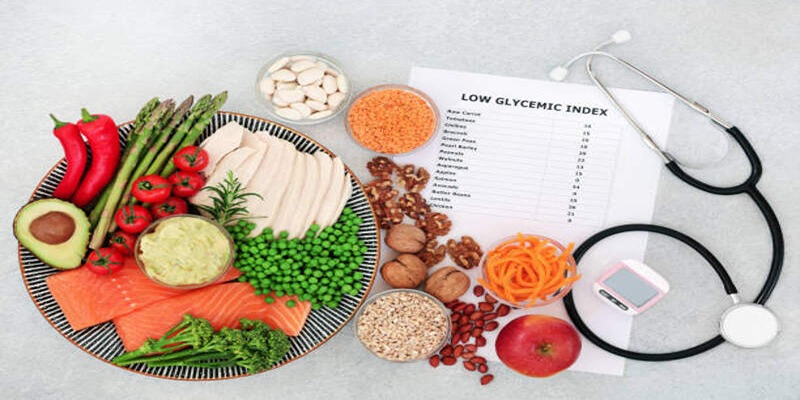Do you want to give your health a boost while also adding some delicious flavor to your meals? Look no further than kale! This powerhouse of nutrients and vitamins is increasingly becoming a staple in diets around the world, thanks to its impressive array of wellness benefits. From improved digestive health to stronger bones, there are plenty of reasons why you should consider incorporating this superfood into your next meal. Read on and learn all about the nine amazing ways that kale can benefit your overall wellbeing.
Overview of Kale
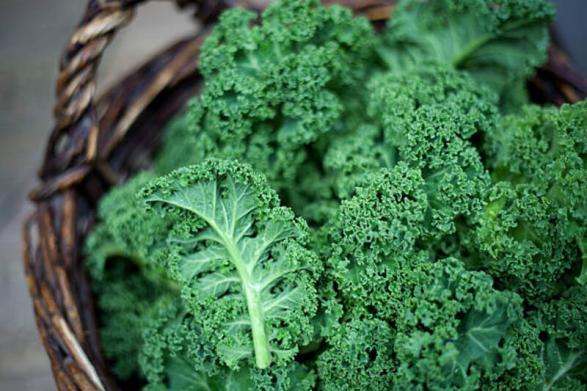
Kale is a leafy green vegetable that belongs to the same family as other popular veggies like broccoli, cabbage, and Brussels sprouts. It can be found in various varieties, including curly kale, Tuscan kale, and red Russian kale. This versatile vegetable is packed with essential vitamins and minerals such as vitamin A, C, and K, iron, calcium, and magnesium. It's also a great source of antioxidants and dietary fiber, making it a valuable addition to any diet.
1. Boosts Immunity
One of the most significant benefits of kale is its ability to boost your immune system. The high levels of vitamin C in this leafy green can help strengthen your body's natural defense against illnesses and infections. Vitamin C also aids in the production of white blood cells, which are essential for fighting off bacteria and viruses.
2. Improves Digestive Health
Kale is an excellent source of fiber, with just one cup providing about 10% of your daily recommended intake. This dietary fiber helps promote healthy digestion by keeping your digestive system regular and preventing constipation. It also serves as food for the beneficial bacteria in your gut, contributing to a healthy and balanced gut microbiome.
3. Supports Heart Health
Another great benefit of kale is its potential to support heart health. It contains compounds called flavonoids and polyphenols, which have been linked to lower blood pressure levels. Kale also contains potassium, a mineral that helps regulate blood pressure and reduce the risk of heart disease.
4. Maintains Strong Bones
Kale is a rich source of vitamin K, which plays an essential role in maintaining strong and healthy bones. Vitamin K helps with calcium absorption, which is crucial for bone mineralization and preventing conditions like osteoporosis. It also contains calcium itself, making it an excellent alternative to dairy for those who are lactose intolerant or vegan.
5. Promotes Eye Health
With its high levels of vitamin A and lutein, kale is also beneficial for maintaining healthy eyesight. Vitamin A supports eye health by protecting the cornea and preventing night blindness, while lutein has been linked to a lower risk of age-related macular degeneration and cataracts.
6. Aids in Detoxification
Kale contains compounds called glucosinolates, which are known for their ability to support the body's detoxification process. These compounds help activate enzymes that aid in the removal of toxins from the body. This makes kale an excellent addition to any cleanse or detox program.
7. Helps with Weight Management
With its low calorie and high fiber content, kale is an excellent food for weight management. This superfood is filling, making it a great option for curbing cravings and preventing overeating. The fiber in kale also helps slow down digestion, keeping you feeling full for longer periods.
8. Boosts Brain Function
The vitamin K in kale has been linked to improved cognitive function and brain health. It aids in the formation of myelin, a protective layer around nerve cells that allows them to communicate effectively. This can help prevent age-related decline in brain function.
9. Can Reduce Inflammation
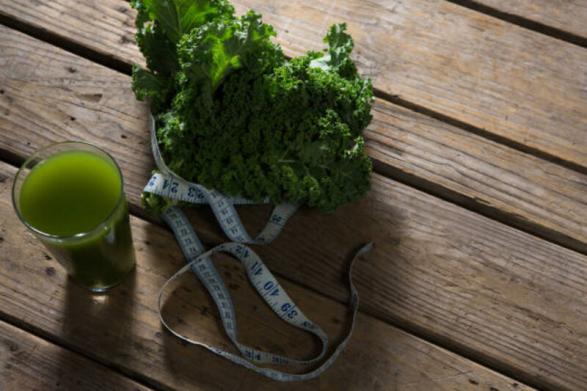
Inflammation is a natural response by the body, but when it becomes chronic, it can lead to various health issues. Kale contains anti-inflammatory compounds that can help reduce inflammation and prevent chronic diseases like arthritis, diabetes, and heart disease.
10. Versatile and Delicious
Not only is kale incredibly nutritious, but it's also versatile and delicious. It can be eaten raw in salads, blended into smoothies, or cooked in a variety of dishes. With so many different ways to enjoy it, there's no excuse not to add this superfood to your daily diet.
11. Budget-Friendly
Eating healthy doesn't have to break the bank, and kale is a prime example of that. This leafy green vegetable is widely available year-round and is relatively inexpensive compared to other superfoods. Plus, it's easy to grow yourself in a garden or even in a pot on your windowsill.
12. Environmentally-Friendly
Not only is kale good for your health and your wallet, but it's also great for the environment. This vegetable is relatively easy to grow, requiring minimal water and resources. It also doesn't require any pesticides or herbicides, making it a more sustainable option compared to other crops.
How to Incorporate Kale into Your Diet
With all of these incredible benefits, it's clear that kale should be a regular part of your diet. If you're new to this superfood, here are a few easy ways to incorporate it into your meals:
- Add raw kale leaves to your salads for added texture and flavor.
- Blend kale into smoothies for a nutrient-packed boost.
- Sauté kale with garlic and olive oil for a simple and delicious side dish.
- Use kale in place of or in addition to spinach in your favorite recipes, such as omelets, quiches, and pasta dishes.
- Make kale chips by tossing torn leaves with a little bit of olive oil and your favorite seasonings, then baking until crispy.
Conclusion
Kale is a true superfood, offering a multitude of health benefits while also being budget-friendly and environmentally sustainable. Whether you're looking to boost your immune system, support heart health, or simply add more nutrient-dense foods to your diet, kale is an excellent choice. So don't wait any longer - head to your local grocery store or farmer's market and pick up some kale today! So, incorporate kale into your meals and reap all the amazing benefits it has to offer. Your body will thank you for it.

